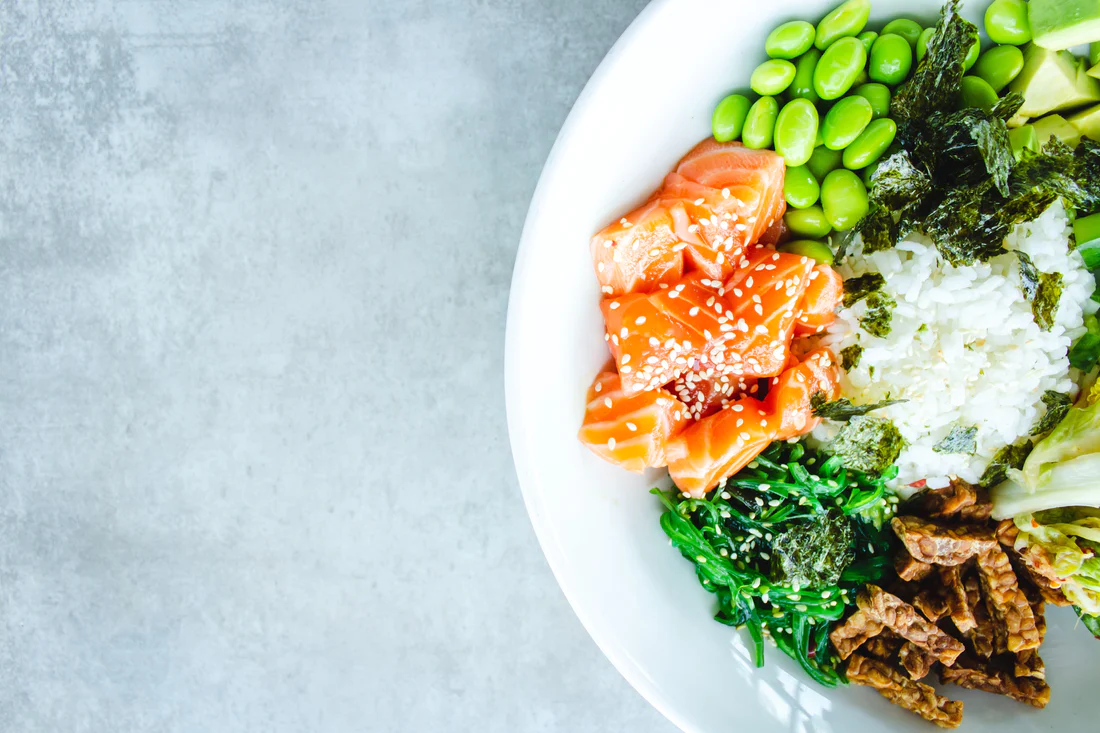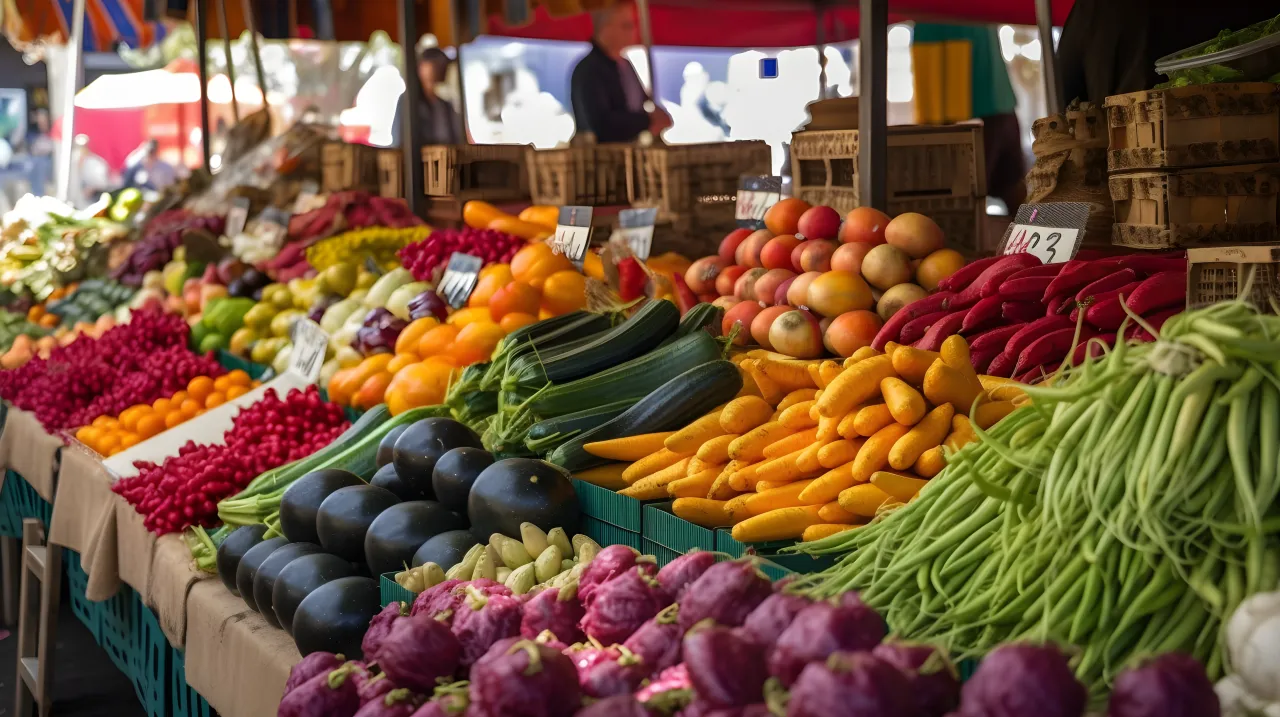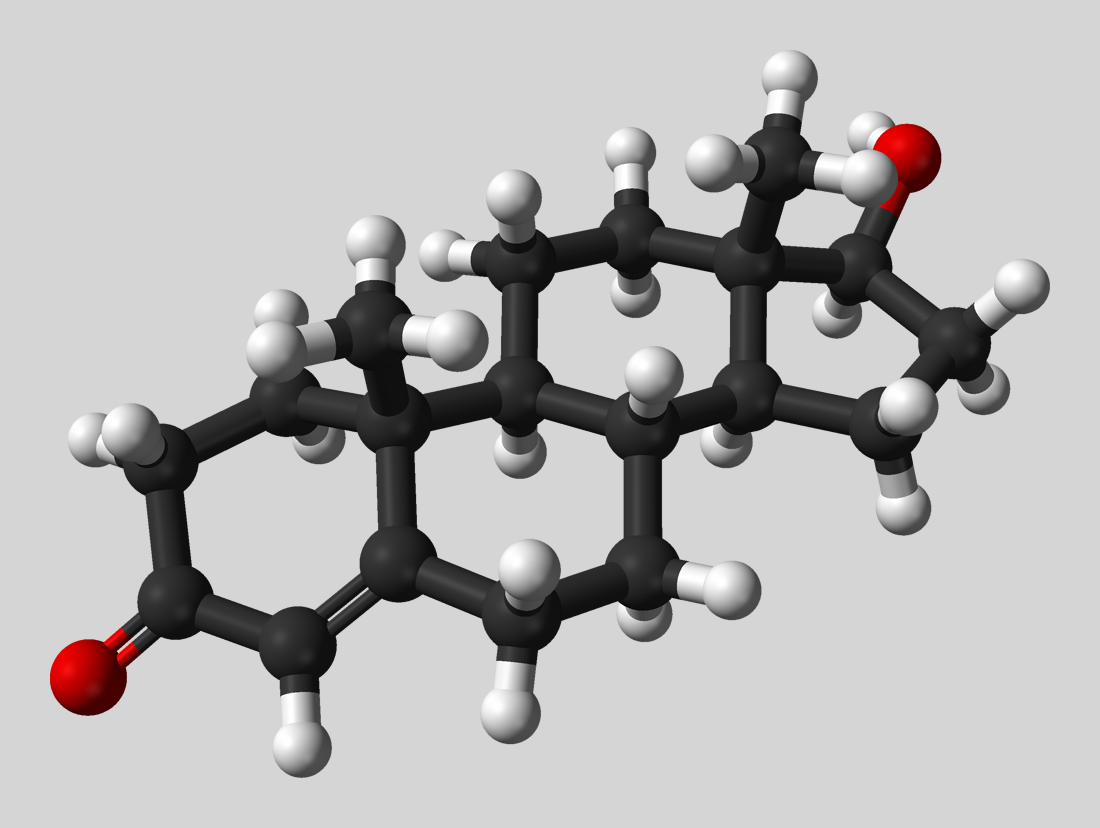Instead of focusing on big changes in your nutrition, use these three simple strategies every day for big results! Being consistent with these simple choices will require less effort than a dietary overhaul.
The fundamental problem in nutritional health is that diets do not work. Clinical research consistently shows that following a highly prescribed eating plan [diet] might result in short-term loss of body fat or weight overall, however, most people are not able to sustain restrictive eating styles over the long term and fall back into their previous routines. This leads to setbacks in the health optimization journey, instead of accelerating it!
To help you make simple changes in your nutrition that will have BIG results, here are three easy-to-implement daily strategies that will have a direct impact on our health and well-being.
1. Increase protein intake
One of the fundamental ways to improve our diets is to consume enough protein to maintain our muscle tissue and strength. This is especially important in aging to help combat muscle loss, in part due to poor nutrition and physical inactivity.
Protein is not only important for muscle growth but plays a crucial role in maintaining lean muscle mass. This is essential if you are trying to lose weight or body fat. Maintaining muscle mass is a key component to our diet.
Additionally, when we eat food, our bodies use energy to digest this food, but not all nutrients are created equally. When compared with carbohydrates and fat, protein requires the greatest number of calories to digest. What this means is that if we consume the same number of calories as usual, but with more protein and fewer fats or carbohydrates, we will burn more relative energy from digesting.
For maintaining or building muscle mass, the International Society of Sports Nutrition recommends we get 1.4-2 g of protein for every kg of body weight (0.6 – 0.9g/lb). These can be distributed over the day 20-40g per meal.
The table below shows some foods that can be consumed as a part of meals throughout the day to help achieve daily protein goals.
Food | Typical serving size | Total Protein (g) |
Chicken, breast | 4oz (113g) | 36 |
Beef, steak (sirloin) | 3oz. (85g) | 23 |
Salmon (cooked) | 3oz. (85g) | 21 |
Cottage cheese (2%) | ½ cup | 13 |
Almonds | 2oz. (57g) | 12 |
Tofu | ½ cup | 10 |
Black beans, boiled | ½ cup | 7 |
2. Increase fibre intake
The benefit of dietary fibre on gut health is well known, and a healthy gut means that our bodies can manage food intake more effectively. Fibre also helps us manage our cardiovascular health and lower our risk of diabetes. The two types of fibre are soluble fibre which dissolves in water and creates a gel in your intestines to help food move, and insoluble fibre, which attracts water into your stool and makes it easier to pass.
The addition of a fibre supplement can help you reach your daily goal of 30-40g of fibre per day. Some research also points to the fact that ingesting a fibre supplement combined with protein prior to a meal can decrease the amount of food we eat at that meal as well as increase how full we feel.
The table below shows some foods that can be consumed as a part of meals throughout the day to help achieve daily fibre goals.
Food | Typical Serving Size | Total Fiber (g) |
Black beans, boiled | 1 cup | 15 |
Lentils, boiled | 1 cup | 15 |
Green Peas (boiled) | 1 cup | 9 |
Raspberries | 1 cup | 8 |
Broccoli (boiled) | 1 cup | 5 |
Oatmeal (instant, cooked) | 1 cup | 5 |
Apple (with skin) | 1 medium apple | 4.5 |
3. Avoid calories in liquid form
When you consume beverages with sugar, this increases total energy intake. There are two reasons behind this, first, the body does not associate liquids with food energy, and this does not trigger as strong of a feeling of fullness. Second, it is not clear if humans are able to reduce solid food intake to offset the calories they ingest from beverages.
A simple strategy to eliminate excess calories from your diet is by ensuring that, aside from protein shakes/smoothies, no calories come from liquids. We recommend protein shakes and smoothies because they are a quick way to help achieve your protein needs or fibre needs. Otherwise, making simple changes like removing cream and sugar from coffee, avoiding sugar-sweetened pop, and not drinking juice can have a meaningful impact on your weight and your blood-glucose regulation.
References:
Mann JI, Cummings JH. Possible implications for health of the different definitions of dietary fibre. Nutr Metab Cardiovasc Dis. 2009;19(3):226-9.
Ahn CH, Bae JH, Cho YM. Premeal Consumption of a Protein-Enriched, Dietary Fiber-Fortified Bar Decreases Total Energy Intake in Healthy Individuals. Diabetes Metab J. 2019;43(6):879-92.
Sharafi M, Alamdari N, Wilson M, Leidy HJ, Glynn EL. Effect of a High-Protein, High-Fiber Beverage Preload on Subjective Appetite Ratings and Subsequent Ad Libitum Energy Intake in Overweight Men and Women: A Randomized, Double-Blind Placebo-Controlled, Crossover Study. Curr Dev Nutr. 2018;2(6):nzy022.
Longland TM, Oikawa SY, Mitchell CJ, Devries MC, Phillips SM. Higher compared with lower dietary protein during an energy deficit combined with intense exercise promotes greater lean mass gain and fat mass loss: a randomized trial. Am J Clin Nutr. 2016;103(3):738-46.
Jager R, Kerksick CM, Campbell BI, Cribb PJ, Wells SD, Skwiat TM, et al. International Society of Sports Nutrition Position Stand: protein and exercise. J Int Soc Sports Nutr. 2017;14:20.
Appelhans BM, Bleil ME, Waring ME, Schneider KL, Nackers LM, Busch AM, et al. Beverages contribute extra calories to meals and daily energy intake in overweight and obese women. Physiol Behav. 2013;122:129-33.
Allison DB. Liquid calories, energy compensation and weight: what we know and what we still need to learn. Br J Nutr. 2014;111(3):384-6.






